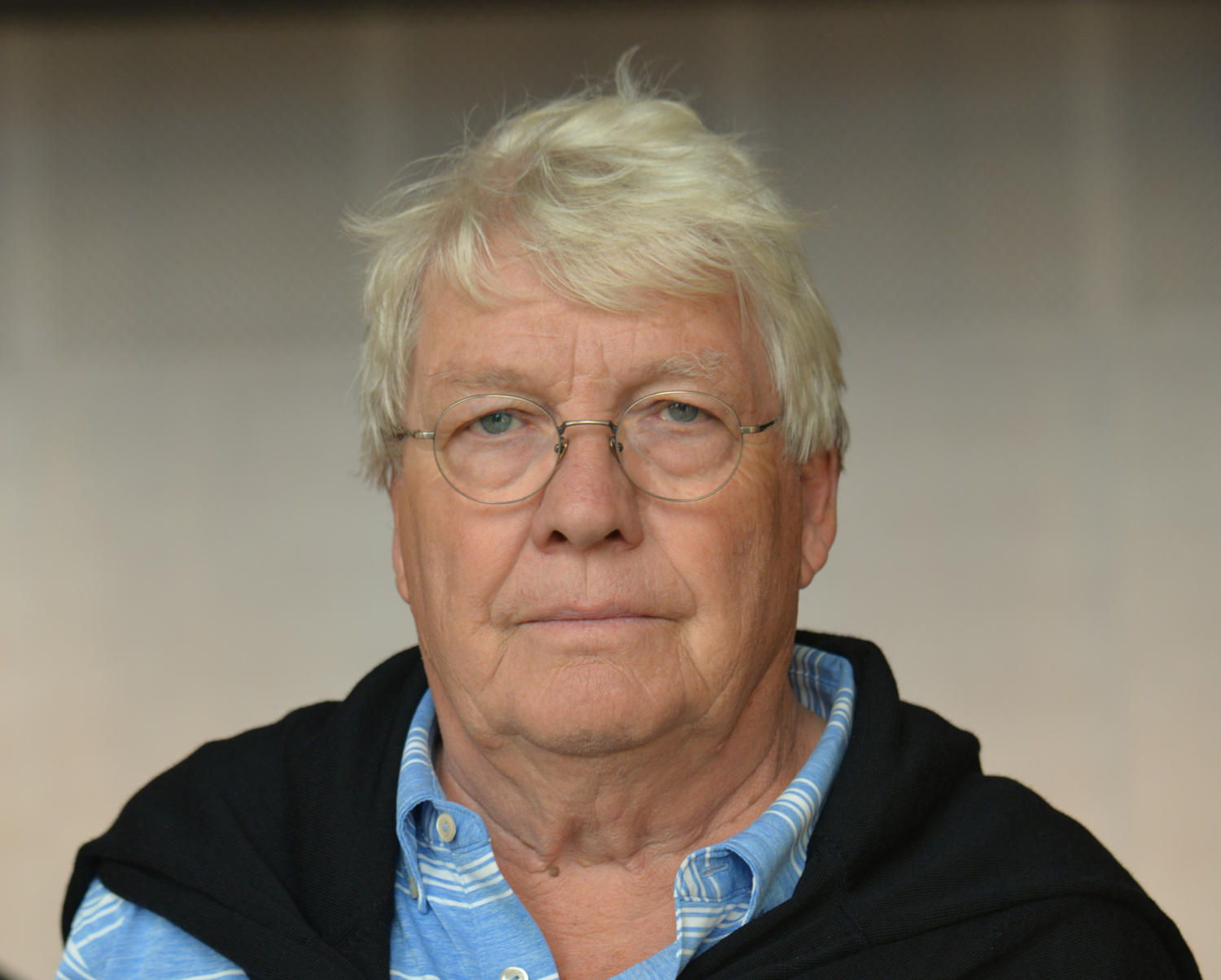The European Union’s status as climate leader is at stake as a group of Member States, led by Germany, seeks to overturn a ban on the sale of new petrol and diesel cars by 2035, 47 businesses warned in a letter to the European Commission.
.
Any delay of the ban would have a devastating impact on air quality and the environment across the bloc, and would call into question the EU’s ability to reach its climate commitments, Climate Group added.
The 47 leading businesses, including Volvo Cars, Ford of Europe and Vattenfall, have called on the EU Commission to maintain the ban by 2035, which was agreed last year after almost two years of negotiations, in a letter coordinated by international non-profit Climate Group.
Going ahead with the ban as planned would provide legislative certainty, which is vital for businesses to push forward with their decarbonisation plans and invest in electric vehicles (EVs).
Rowing back now would set a dangerous precedent, undermining business trust in the EU’s legislative process, the businesses argue.
Germany’s call for concessions on the use of e-fuels would serve only to prolong the life of the internal combustion engine and delay the switch to zero-emission vehicles.
Sandra Roling, Director of Transport of Climate Group:
“It is deeply concerning that Germany is leading efforts to postpone the EU’s agreed 2035 ban on the sale of new petrol and diesel cars and seek concessions for e-fuels. That six other countries are now rowing in behind Germany risks undermining business trust in the EU itself, not to mention having a detrimental effect on the health of the EU’s people and its climate, along with prolonging the life of the internal combustion engine.
“Legislative certainty is vital for business planning. In seeking to reverse the agreement secured under the French presidency, these seven Member States are undoing almost two years of negotiations and are risking the EU’s ability to meet its agreed 2050 climate goals.
“Our asks are simple. Stick to the 2035 date, and no concessions for e-fuels. Give businesses the clarity and certainty they need to invest in the switch to electric vehicles.”
Jim Rowan, CEO, Volvo Cars, adds:
“Now is not the time for backtracking and blocking of science-based climate targets for our industry. Now is not the time to put domestic political interests ahead of the health and welfare of our planet and EU citizens, and indeed of future generations. Now is the time for strong, decisive and progressive policy and leadership.
Volvo Cars is committed to being a fully electric car company by 2030 on our way to climate neutrality by 2040. We are aware of our obligation to help protect the planet. We call on EU Governments to show that they are too.”
Martin Sander, General Manager, Ford Model e Europe, adds:
“Ford is ready to go all-in electric. The ongoing debate only creates uncertainty among consumers and is distracting from our joint efforts to tackle the climate crisis.”
Fabian Hagmann, Vice President E-mobility, Vattenfall, adds:
“A 2035 phase-out date for ICE vehicles across the EU is something that, together with partners, we have been calling for. As part of EV100, we are committed to transitioning Vattenfall’s fleet of over 4,500 vehicles to electric by 2030. We are actively investing in charging infrastructure in Europe – a proof of our strong belief in a fossil-free future based on electric transportation. A swift adoption of the regulation on CO2 emission standards for cars and vans is required.”








